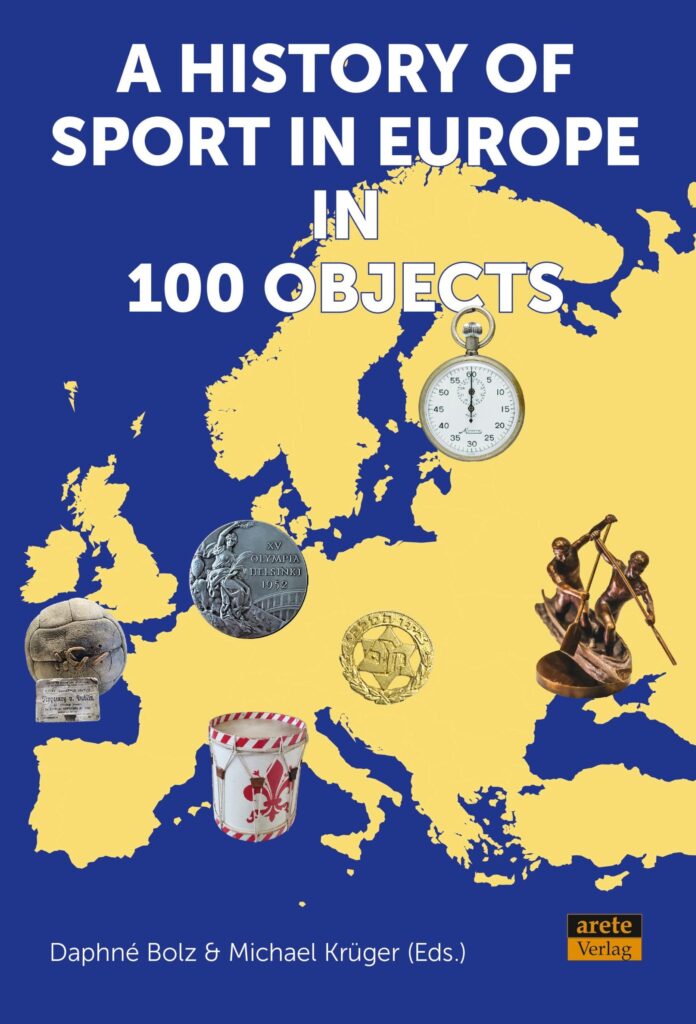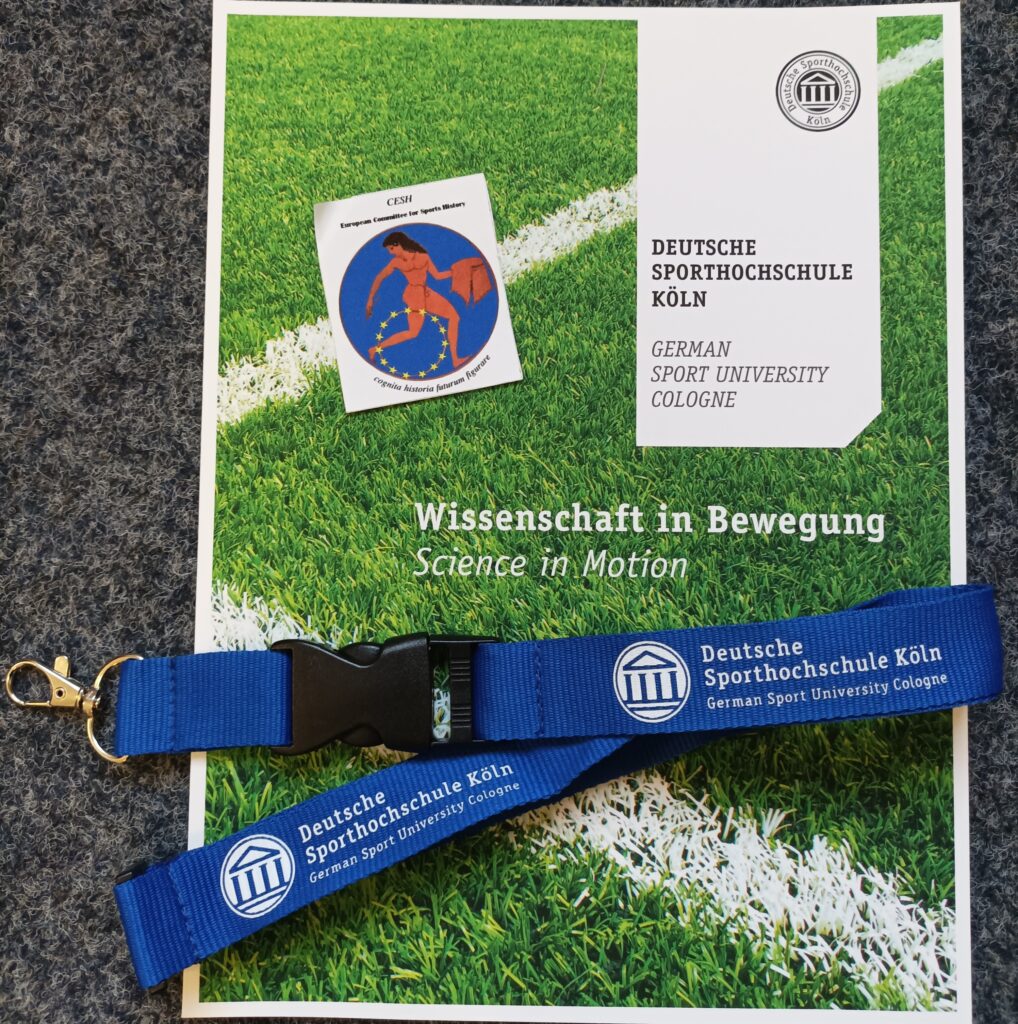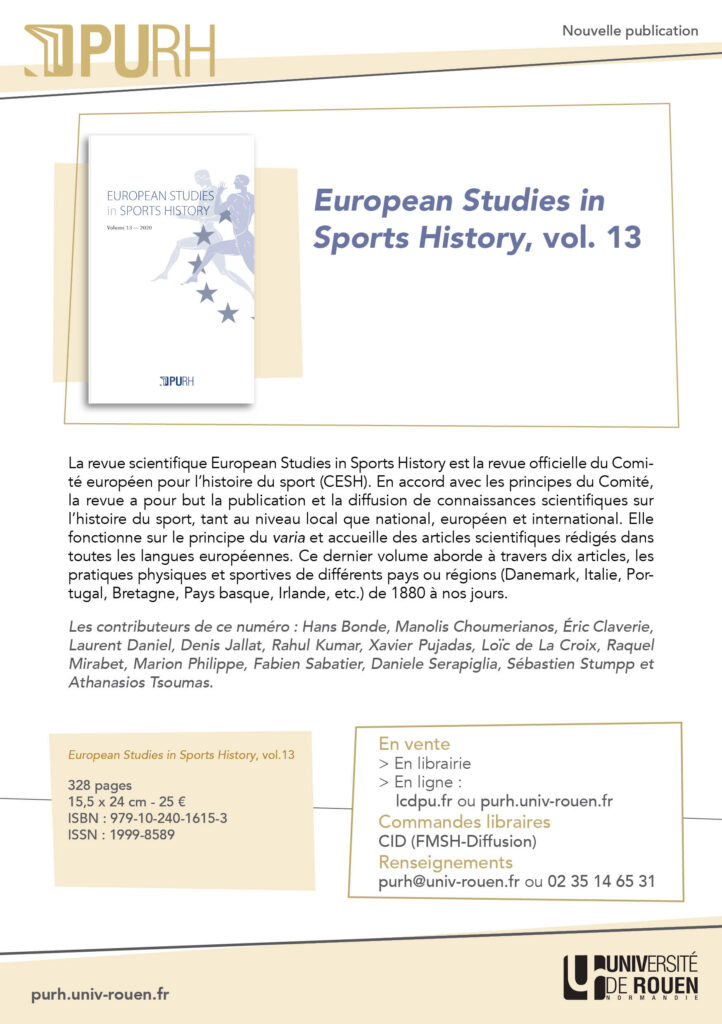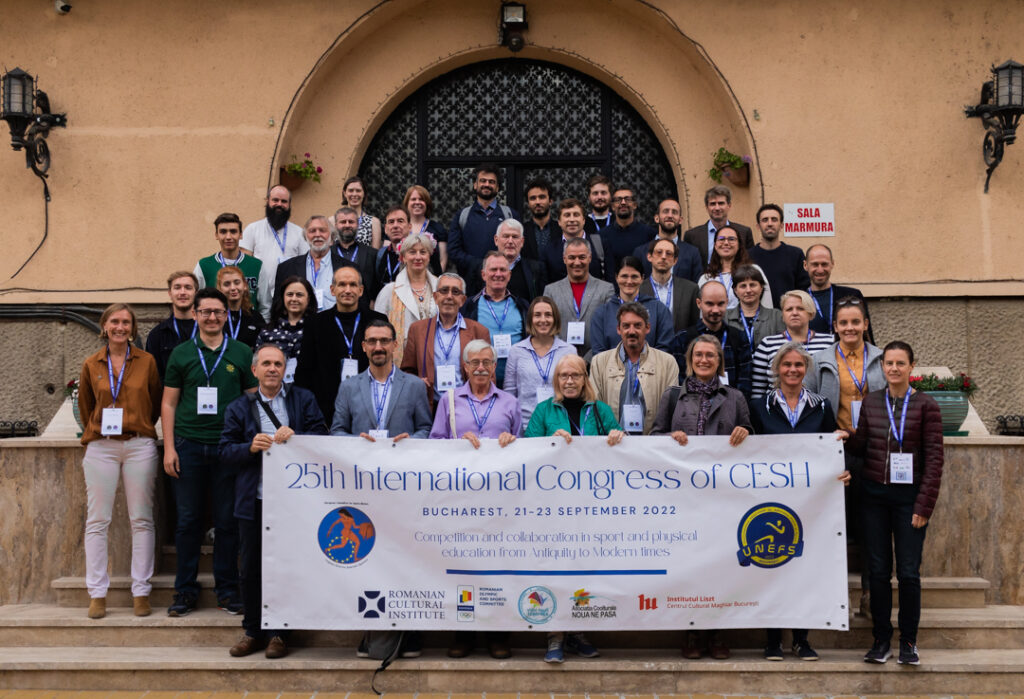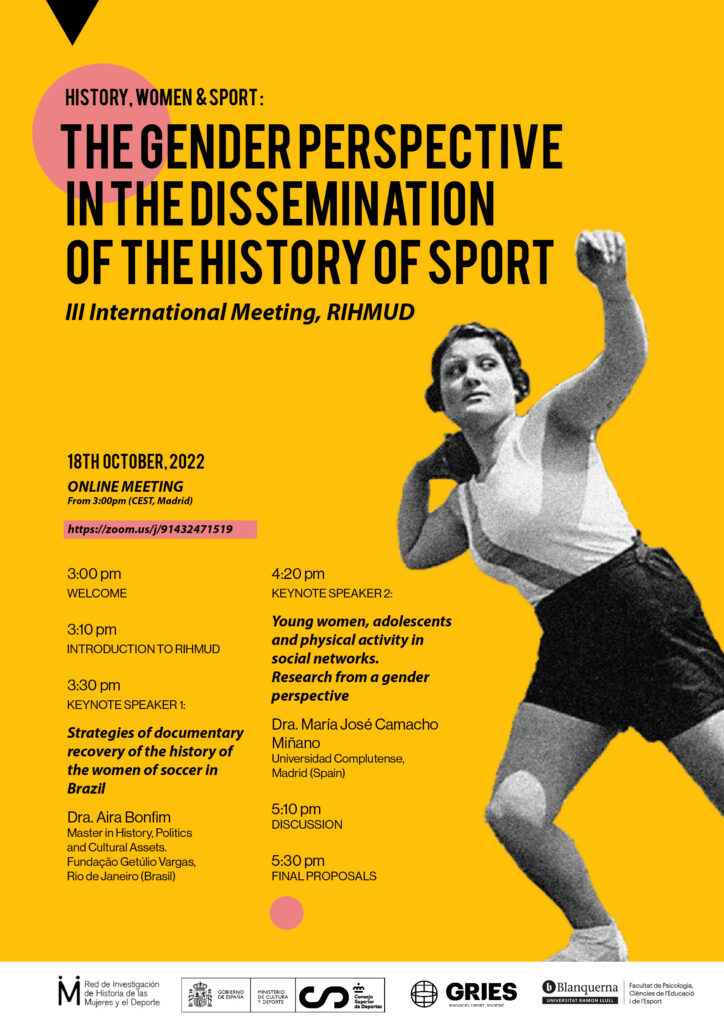by Martin Polley
The AHRC-funded Midlands4Cities Doctoral Training Partnership <http://www.midlands4cities.ac.uk> (M4C) brings together eight leading universities across the Midlands to support the professional and personal development of the next generation of arts and humanities doctoral researchers. M4C is a collaboration between the University of Birmingham, Birmingham City University, University of Warwick, Coventry University, University of Leicester, De Montfort University, Nottingham Trent University and The University of Nottingham.
M4C is awarding new doctoral studentships for UK and International applicants for 2023 entry through Open Competition and Collaborative Doctoral Awards (CDA) through a linked competition with a range of partner organisations in the cultural, creative and heritage sectors.
De Montfort University’s (DMU) International Centre for Sports History and Culture (ICSHC) is a world-leading centre for the study of all aspects of sports history, and we are keen to hear from potential doctorial students who would like to apply to study with us under the Midlands4Cities programme. Our members specialise in a range of themes and approaches to the history of sport, and we have a dynamic body of doctoral students whose work covers chess, the outdoor movement, women’s football, folk dance, boxing, race and ethnicity in sport, emotional histories of sport, sports diplomacy, and much more. We are active in hosting and attending conferences and research seminars, and we have excellent networks with the North American Society of Sport History (NASSH), the British Society of Sports History (BSSH), the European Committee for Sports History (CESH), and the International Society for the History of Physical Education and Sport (ISHPES). The ICSHC has strong links with DMU’s Special Collections, which houses a number of unique sport archives, including England Boxing, the Alpine Ski Club, the Ski Club of Great Britain, the English Chess Federation, the Sir Norman Chester papers relating to the Football Trust, the Special Olympics (Leicester), the British Basketball league, Leicester Tigers RFC, Leicestershire Tennis and Squash club, the British Society of Sports History, and the papers of sports historians Tony Mason and architectural historian Simon Inglis.
ICSHC invites applications from well-qualified students whose research interests connect with our expertise in:
– the Olympic Games and international sport
– North American sport
– sport in Europe
– Cold War sport
– sport and diplomacy/international relations
– sport and photography
– sport heritage
– sport and the environment
– sport and war/occupation
– history of football in Britain and beyond
– history of boxing in Britain and beyond
– global/ transnational sports histories
– women’s sports history
– histories of sport, race and ethnicity
– local and community histories of sport
– medical and scientific histories of sport
– sport and the body
See our supervisors’ interests here:
https://www.dmu.ac.uk/research/midlands4cities-dtp/research-areas/sports-history-and-culture.aspx
